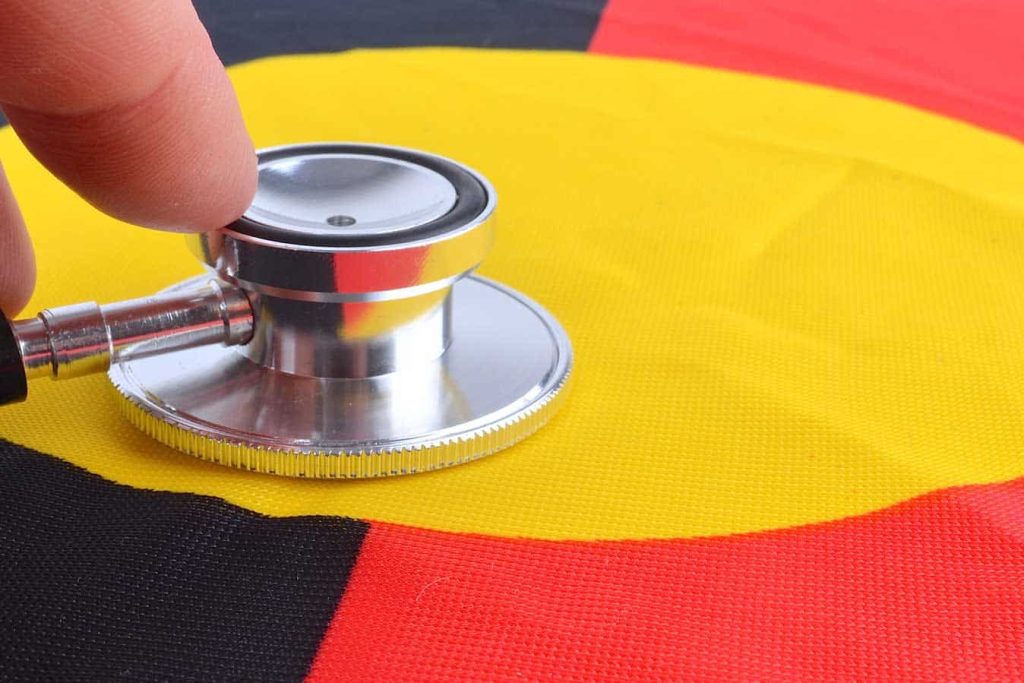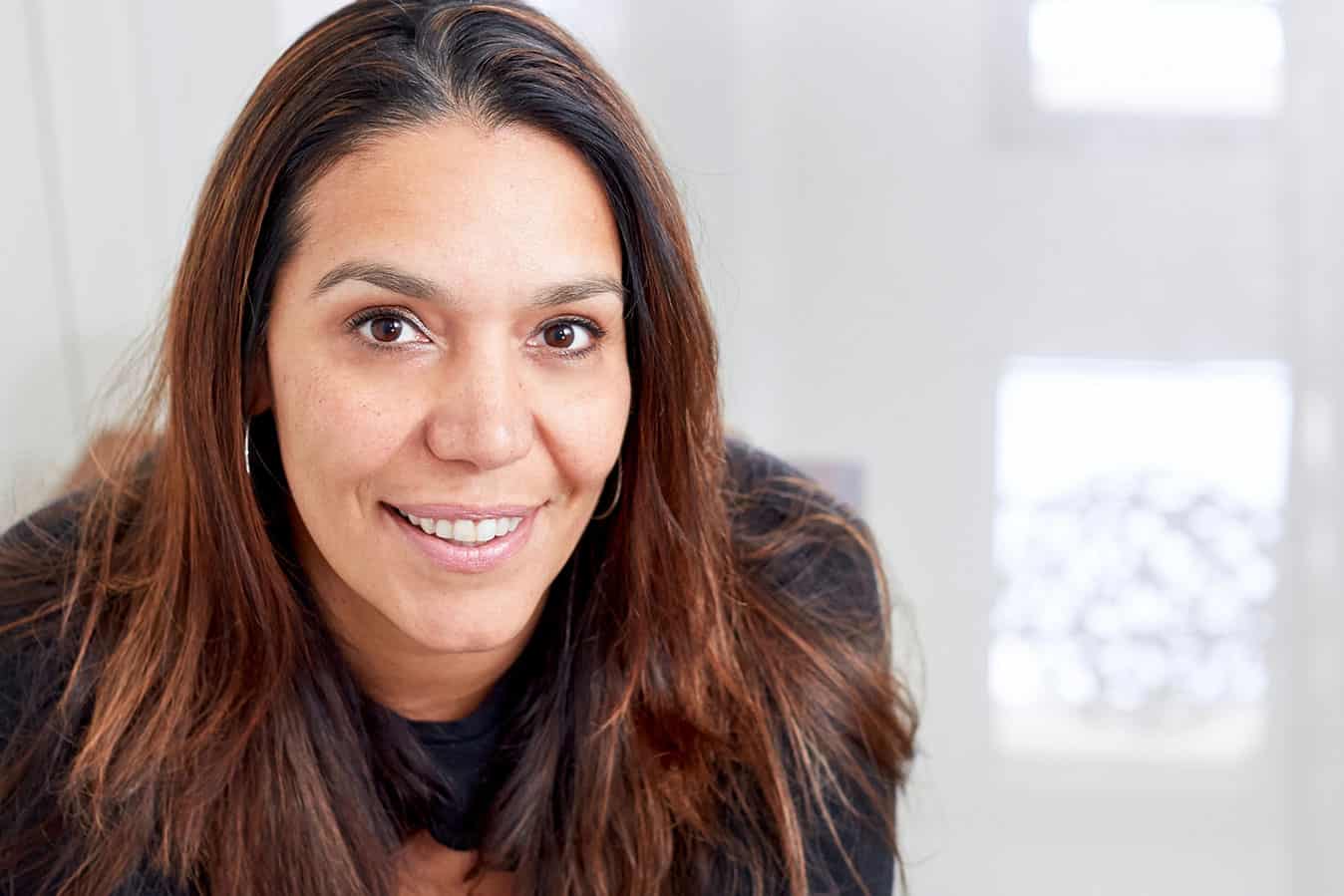Over the past two decades the Congress of Aboriginal and Torres Strait Islander Nurses and Midwives (CATSINaM) has risen to become one of the nation’s peak bodies advocating for nurses, midwives and Indigenous health.
Formally established in 1998, CATSINaM celebrates its 20th anniversary this year and is marking the milestone at its annual conference in Adelaide in September by bringing back foundational members who led the way.
Chief Executive Officer Janine Mohamed has been at the helm for the past five years and says there is a significant sense of pride that the organisation is “still going strong”.
“The unification of Aboriginal and Torres Strait Islander nurses and midwives and really projecting what the uniqueness is of our workforce and our members,” she says when asked to name its greatest accomplishment.
“We have over 3,000 Aboriginal nurses and midwives and I’m sure there are more out there.”
CATSINaM’s 2018 Professional Development Conference will run under the theme “Honouring our past, empowering our present, growing our future” and is aiming to highlight the difference made by members in improving outcomes for Aboriginal and Torres Strait Islander Australians.
Headline speakers include Aboriginal Health Worker and researcher Dr Chelsea Bond, who regularly writes for The Conversation, and Professor Tom Calma, former Aboriginal and Torres Strait Islander Social Justice Commissioner.
“[It’s about] honouring ourselves and honouring our past and the legacy that we are custodians of from those founding members and from the aspirations of many Aboriginal and Torres Strait Islander nurses,” Janine explains.
“[It’s] empowering each other to continue to forge forward. Growing is not just about growing ourselves individually but growing CATSINaM as an organisation and the role of Aboriginal and Torres Strait Islander nurses and midwives in our professions.”
In a major step towards progress last month, Janine and fellow Indigenous leaders were invited to discuss strategies to improve health and healthcare for Aboriginal and Torres Strait Islander people when the Council of Australian Governments (COAG) federal, state and territory Health Ministers met in Alice Springs to shine a spotlight on the issue.
A Roundtable with Indigenous leaders prompted a pledge to foster national collaboration to improve health outcomes for Aboriginal and Torres Strait Islander Australians, with the impacts of potentially preventable rates of eye disease, ear disease, kidney disease, Rheumatic Heart Disease and problematic mental health underlined.
Janine was the sole Indigenous leader called on to deliver a keynote address to the country’s Health Ministers and her talk focused on Indigenous governance and leadership and the bold action required to close the gap.
Her address argued improving Aboriginal health demands focusing on the cultural and social determinants of health such as access to healthcare, housing, education and justice.

She implored Health Ministers to listen, help build respectful and trustful relationships, and provide national leadership to collaborate with Aboriginal people on their journey to creating change.
Specifically, Janine called on governments to engage meaningfully with the Uluru Statement that called for a constitutionally enshrined “First Nations Voice” able to report to Parliament, declared the rise of a movement embedding cultural safety within the health profession, and congratulated the Australian Commission on Safety and Quality in Health Care for launching the second edition of the National Safety and Quality Health Standards and accompanying User Guide for Aboriginal and Torres Strait Islander Health.
“Cultural safety provides the means to challenge or eradicate the institutional barriers that Aboriginal people face in accessing healthcare,” Janine told Health Ministers.
“These barriers destroy our lives and prevent our people from establishing true trust and respect in their healthcare encounters.”
Janine suggested the COAG Health Council should prioritise efforts to identify and fill service gaps to ensure equitable access to health services for Aboriginal and Torres Strait Islander people.
For the first time in a long time, she says the mortality gap is widening and that urgent action must be taken to stem the tide by investing in primary healthcare to tackle preventable disease and death.
Janine welcomed the COAG discussions, promise of national collaboration, and singled out the influence of Indigenous Health Minister Ken Wyatt, who she says has helped improve accountability.
“Although we did highlight nursing and midwifery, we spoke to the broader social determinants as well and how we all need to work in collaboration to improve health outcomes.
“It’s a fantastic start. Actions speak louder than words and certainly in undertaking this type of meeting it was a very good start for what can happen in the future.”
In a similar vein to its COAG dealings, CATSINaM will launch its new Strategic Plan for 2018-2023 at its annual Professional Development Conference.
Priorities over the next five years include developing and supporting recruitment and retention strategies for Aboriginal and Torres Strait Islander Peoples in nursing and midwifery, informing Indigenous health and policy agendas, and informing best practice in culturally safe learning, workplace and health delivery.
“What we need is six and a half times more Indigenous nurses right now than what we currently have and that’s just to reach population parity and to contain our burden of disease,” Janine says.
“We’ve got a long way to go but we’ve got great mentors out there, role models out there through our workforce.”








